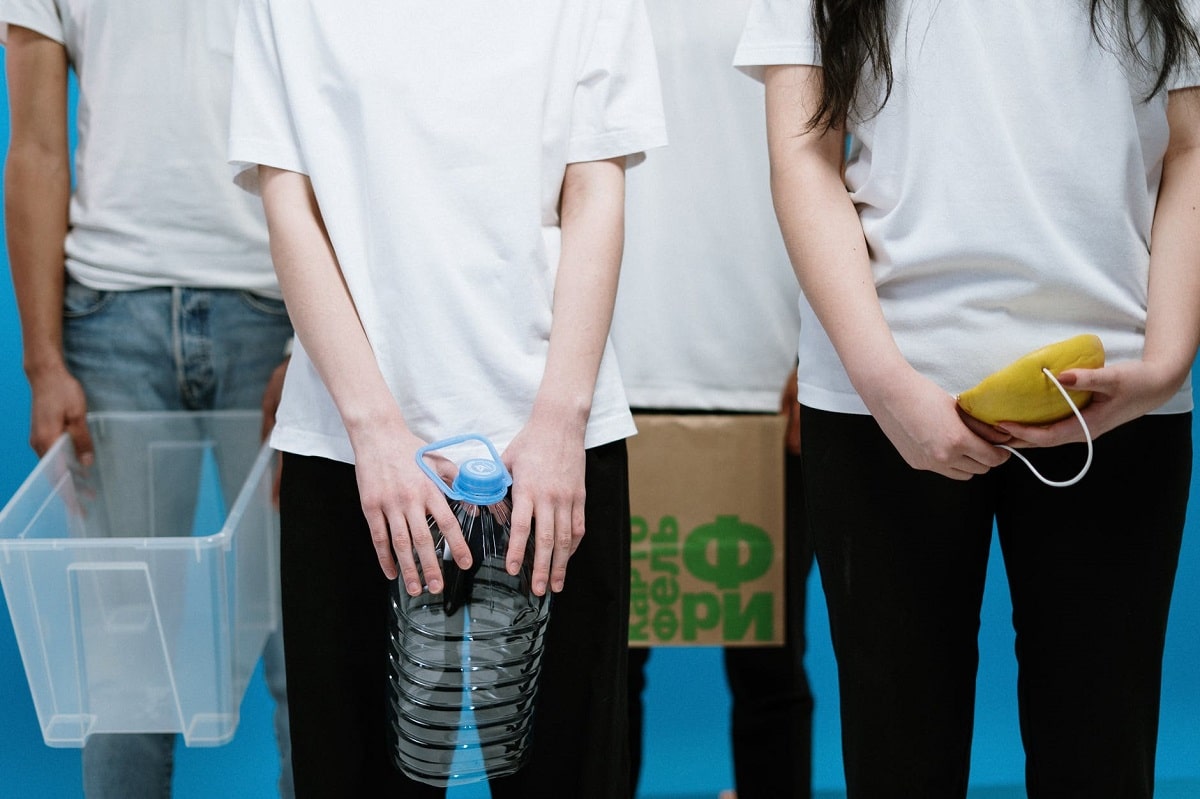
By now everyone should at least have clear concepts about recycling, although nothing could be further from the truth. There is a lot of misinformation, although it is not exactly for lack of campaigns. Maybe, you still don't really know aware of the need to live in recycling. Possibly people are compared to large industries and therefore, they come to think that one person can do little.
But the reality is very different, because every little step adds up. It is essential that everyone acquires his role as owner of the planet and as such, to care for and protect it as is done with any of the other possessions. Only in this way will it be possible for future generations to enjoy a house as it has been known until now. Because the health of planet Earth is at serious risk, it pays to know some recycling basics.
Recycling, what is it?
Recycling is a process that consists of converting products and waste into other products or into raw material and then converting it into different objects. Many materials can be recycled, including some allow you to create new things of greater value to initial. For this to be possible, the materials receive a very extensive treatment that allows obtaining a suitable result to be able to create other things.
Each material requires different steps and everything begins with a selection process. Therefore, it is very important to separate the rubbish and deposit each waste in its specific container. That is the first and easiest thing you can do to contribute to the preservation of the planet. Thus, terms appear that may seem similar but have very different meanings. Next we will see some basic concepts of recycling, so you can start carrying a more sustainable life being aware of each of your steps.
compostable material
Compost is a material that serves to pay and fertilize the land, that is, it is high-quality organic fertilizer. This is achieved with organic waste such as food remains, fruit and vegetable skins. Through a natural process, this matter breaks down and oxidizes and becomes a powerful fertilizer natural. When you have compostable products at home, you must deposit the waste in the appropriate container. In this way it will be possible to carry out an industrial process that will allow obtaining high quality fertilizer for agricultural use.
Recycled or recyclable?
Both things actually, recycling is the material that is obtained from other materials that have passed the reuse process. Recyclables are those materials that can be reusedsuch as paper, plastic or glass. Separate your waste and deposit each one in its specific container. Yellow for containers, green for glass and blue for paper.
Upcycling and Downcycling
Some fads are terribly harmful to the planet, like the current trend of making very poor quality clothes at very low prices. Which implies a great use of raw materials, pollution and a large amount of waste that damage the health of the planet. The art of reuse It is what can help minimize damage, with techniques such as upcycling or downcycling.
In the case of upcycling, It consists of transforming the objects that we already have to obtain something of higher quality.. Through creative processes and the use of garments that you already have, you can get other better pieces with a great life. As for downcycling, it is a similar procedure, although in this case the result obtained is of lower quality, although not less useful for that.
These are some basic concepts of recycling and the ones that you can best apply at home to start leading a more sustainable life. But you can do many other things for the land, such as managing food better to avoid wasting it. Carry out some actions at home to save on energy consumption, learn to buy better to avoid excessive consumption. Every action counts, join the recycling and contribute to the sustainability of this precious planet.

